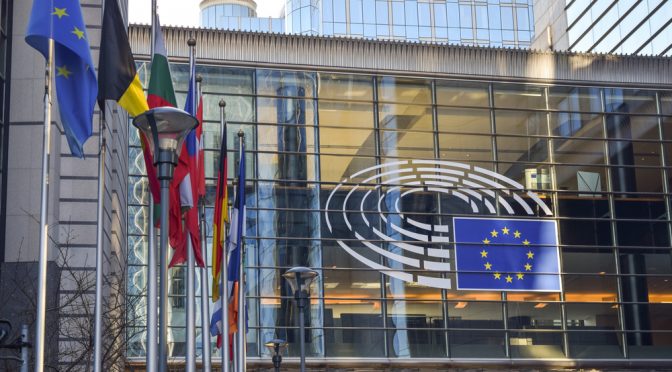The common currency had opened last week on a somber note as reports about the coalition talks in Germany put Angela Merkel in a weak spot.
The euro briefly fell after the news, as the possibility of a snap election emerged. However, the currency managed to recover from the initial decline as economic data from the Eurozone continued to show positive developments.

German Ifo business sentiment hits a new record
The Ifo institute in Germany released its monthly business sentiment indicator. Data showed that business sentiment in Germany reached a new record high. Companies said that they have upgraded their outlook on the economy for the months ahead. This comes amid the political stalemate in the region.
The Ifo’s business climate index was seen rising to 117.5 points. This was higher than the previous month’s (October) reading of 116.8. The November index reading marked the highest level since the records began in 1991. This led the Ifo president Clemens Fuest to comment that the German economy was on track for an economic boom.
However, the Ifo’s survey came in ahead of the coalition talks which collapsed. With the nation currently run by a “care taker government†there is a strong possibility that the business climate index could pull back from the record highs in the coming months.
But economists are hopeful that the political climate will not be too worrying for the businesses in Germany.
Earlier last week, the final revised GDP data for Germany showed that the economy expanded at a pace of 0.8% on the third quarter ending September. This put German annual GDP rate at a pace of 3.3%.
The fourth quarter German GDP is forecast to rise 0.6%, marking a healthy annualized GDP for 2017.
ECB Meeting minutes: Officials differ on QE
The European Central Bank released its meeting minutes last week. According to the report, officials were divided on whether to announce an end date for the central bank’s QE program. Mario Draghi did not set an end date at the October monetary policy meeting.

